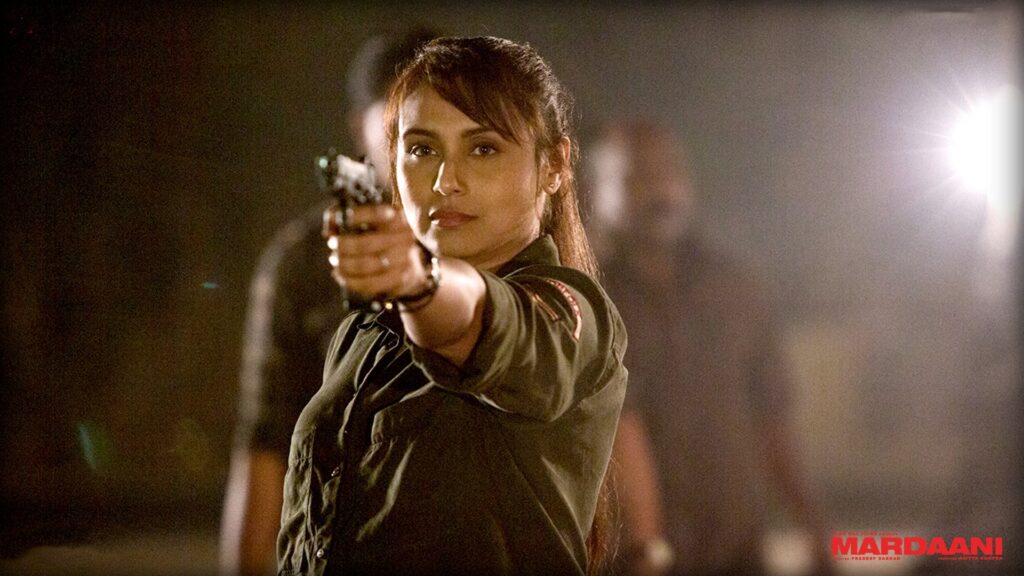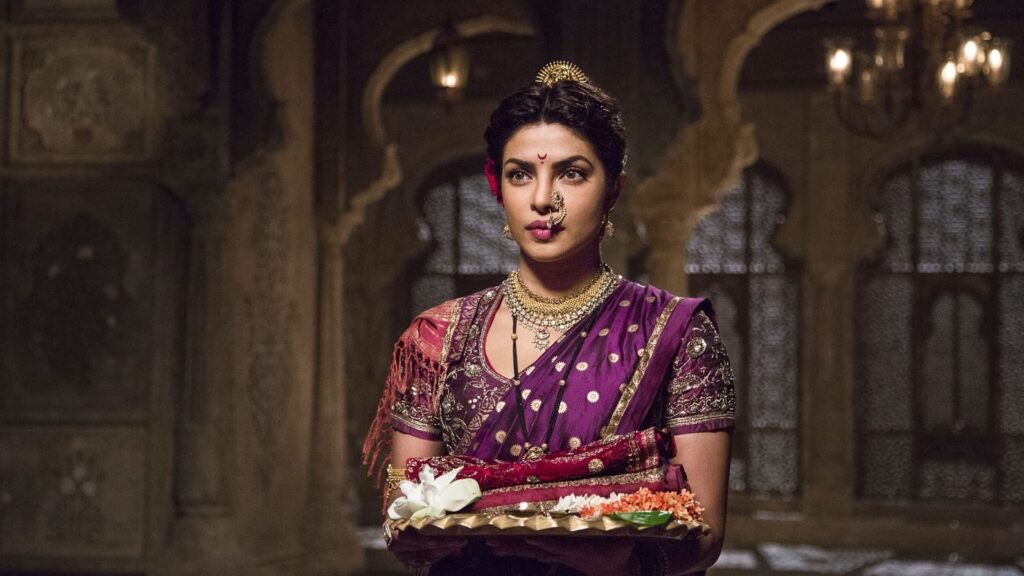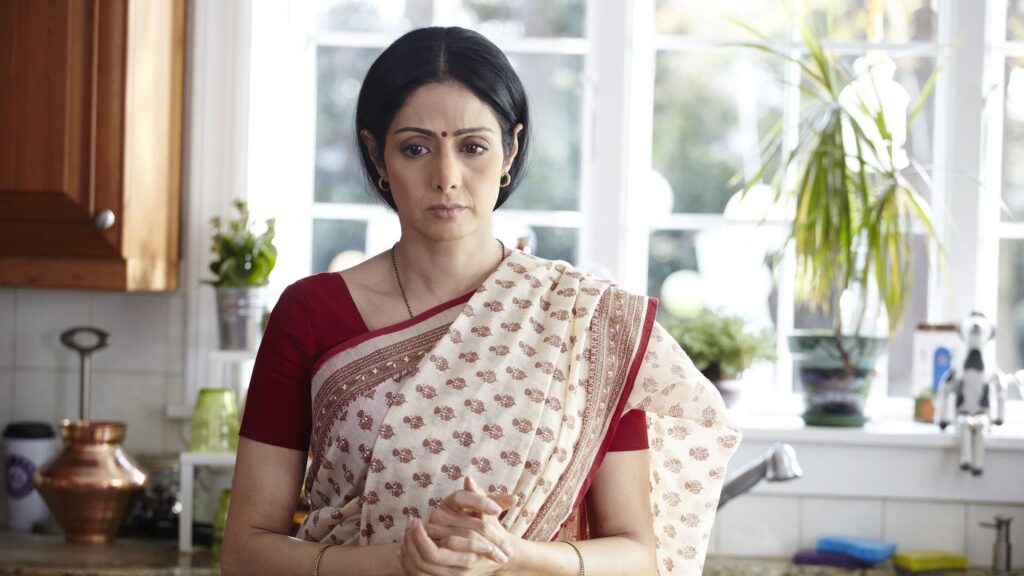
Mumbai: Hindi cinema has always been known for impactful dialogues, and despite its old male bias (which is tilting in the right direction lately!), it is no longer the men who deliver a punch in the lines they mouth.
The women of Hindi cinema have delivered some of its iconic dialogues over the years that have left an indelible mark on the subconscious of the audience.
IANS takes a look at some of the most iconic dialogues by Bollywood women that have defined power, resilience, and pride.
The first dialogue on the list is by Sonam Kapoor from her film ‘Neerja’ in which she says, “Haunsla rakh, usse saari samasya hal ho jaati hai.” The dialogue beautifully conveys that when the going is tough, courage is what gets people going. Courage changes the character of a person and makes them better equipped to deal with any situation.

The next is by Rani Mukerji from her 2014 cop action-thriller film ‘Mardaani’. At one point in it, she says, “Kuchh karne ke liye kaayde ki nahi, irade ki zaroorat hoti hai.” The dialogue subtly touches upon cutting through red tape and bureaucratic rules in the pursuit of justice.

The Vidya Balan-starrer ‘Dirty Picture’ has become a cult film over the years. Directed by Milan Luthria, it had several punchy dialogues, but the one that stands out is by Vidya. She says in it, “Jab zindagi ek baar milti hai to do baar kya sochna.” The dialogue speaks volumes about living a life with no regrets.
Next on the IANS list is a dialogue by Priyanka Chopra Jonas from ‘Bajirao Mastani’ in which she shared the screen with Ranveer Singh and Deepika Padukone. The dialogue comes in the film when Priyanka’s character Kashibai learns about Bajirao’s affair with Deepika’s character, Mastani. Priyanka says, “Aap humse hamari zindagi maang lete, hum aapko khushi khushi de dete, par aapne toh humse hamara guroor chheen liya.”

The next dialogue is from yet another Milan Luthria directorial, ‘Baadshaho’ (2017). In the film, Ileana D’Cruz says, “History is always written about men, but not always made by them.” The line highlights the importance of women in history and how they often do not get their due for bringing about historical changes in society.
Sridevi played one of her career’s most wholesome roles in the 2012 film ‘English Vinglish’. In the film, at one point her character, Shashi, who is an avid cook and homemaker, says, “Mard khana banaye toh kala hai, aurat banaye toh uska farz hai.” The dialogue speaks reams about how the unpaid labour of women, which is so important for the world to function, is most commonly taken for granted.

The next on the list is a dialogue from Zoya Akhtar’s ‘Dil Dhadakne Do’. It is said by Anushka Sharma’s character of Farah when she tells a confused Kabir, played by Ranveer Singh, “Dil se faisla karo tumhe kya karna hai, dimaag tarkeeb nikaal lega.” The dialogue speaks volumes about how the mind will find ways to get what the heart desires.
Another iconic dialogue in this list — and the second by Priyanka Chopra Jonas — is the one from the biopic ‘Mary Kom’. In the film, Priyanka essays the titular role of the Indian pugilist Mary Kom. She says in the film, “Kabhi kisiko itna bhi mat darao ki darr hi khatam ho jaye.” The dialogue goes on to establish that fear is its own antidote and that only fear can contain fear if it gets too much.
An extension to the last dialogue is the one by Kajol from her film ‘My Name is Khan’ in which she says, “Darne me koi burai nahi hai, bas apne darr ko itna bada mat bana do ki tumhe aage badhne se roke.” The dialogue states fear is only natural but it should not be magnified to such an extent that it gets too big and stops you from achieving what you can.



